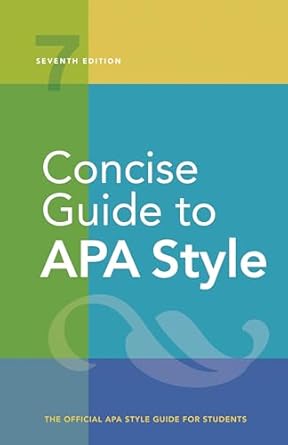[toc]
reducing bias understanding sexual orientation ses
Concise Guide to APA Style: 7th Edition (OFFICIAL)
Page 101 Review
Reducing Bias by Topic: A Critical Commentary
This excerpt highlights crucial aspects of reducing bias, particularly concerning sexual orientation and socioeconomic status (SES).
The emphasis on precise terminology and detailed reporting is vital for ethical and accurate research.
Addressing Heterosexism and Sexual Orientation
The text rightly points out the problem of heterosexism: “Heterosexism refers to the belief that heterosexuality is normative, as indicated in the assumption that individuals are heterosexual unless otherwise specified.” This assumption can lead to the marginalization and misrepresentation of LGBTQ+ individuals in research and broader society.
The excerpt advocates for the use of inclusive language: “The terms “straight” and “heterosexual” are both acceptable to use when referring to people who are attracted to individuals of another gender; the term “straight” may help move the lexicon away from a dichotomy of heterosexual and homosexual.” This shift in language promotes inclusivity and reduces the potential for bias.
It further references important guidelines: “For more information regarding sexual orientation, see “Guidelines for Psychological Practice With Transgender and Gender Nonconforming People” (APA, 2015a).” This directs readers to resources that provide in-depth understanding and best practices for working with diverse populations.
Understanding and Reporting Socioeconomic Status (SES)
The text emphasizes the multifaceted nature of SES: “Socioeconomic status (SES) encompasses not only income but also educational attainment, occupational prestige, and subjective perceptions of social status and social class.” This definition acknowledges that SES is not solely about income but also includes factors related to social mobility and quality of life.
The importance of reporting detailed information about SES is stressed: “When reporting SES, provide as much detailed information as possible about people’s income, education, and occupations or employment circumstances.” This detailed reporting allows for a more nuanced understanding of the impact of SES on psychological outcomes.
The excerpt provides concrete examples of information to include: “For example, when referring to “low-income participants” or “high-income participants,” classify whether reported incomes take into account household size, or provide information about the relation between household incomes and federal poverty guidelines.
Additionally, SES can be described by providing information related to specific contextual and environmental conditions such as participants’ housing arrangement (e.¢., renting a home, owning a home, residing in subsidized housing) and neighborhood characteristics such as median household income, percentage of unemployed people, or proportion of students who qualify for free or reduced-price lunch in local schools.”
Avoiding Pejorative and Stereotyping Terms
A key takeaway is the need to avoid harmful language: “Avoid using broad, pejorative, and generalizing terms to discuss SES.
Specifically, negative connotations…” The use of stigmatizing language can perpetuate harmful stereotypes and reinforce social inequalities.
Implications for Research and Practice
By advocating for precise language and detailed reporting, this excerpt encourages researchers and practitioners to engage in more ethical and culturally sensitive practices.
The impact of bias reduction extends far beyond academic circles, promoting a more equitable and just society.
The excerpt makes clear, for example, that terms such as “low-income participants” or “high-income participants,” require the inclusion of whether reported incomes take into account household size, or provide information about the relation between household incomes and federal poverty guidelines.
In summary, the excerpt serves as a valuable reminder of the importance of reducing bias in language and research.
By adopting these guidelines, we can contribute to a more accurate and inclusive understanding of human experiences.
Buy full ebook for only $18: https://www.lulu.com/shop/american-psychological-association/concise-guide-to-apa-style-7th-edition-official/ebook/product-rmzpq54.html?page=1&pageSize=4


Leave a Reply